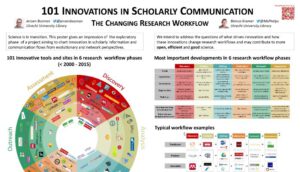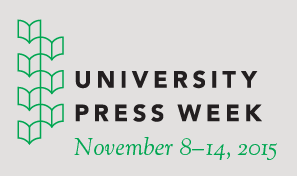Open data is research data that can be freely used, reused, and redistributed by anyone. Making research data fully available and broadly accessible encourages researchers to collaborate and share resources, produce new findings, and gain deeper analytical insights into existing research.
Data Services offers support for many data-related activities including: software help, data analysis, management, archiving and sharing, as well as finding, using and acquiring data. Data Services has full-time professional faculty members who offer consultations by appointment to the Mason community as well as workshops and classroom presentations in their area(s) of expertise. For more information, contact Wendy Mann, Head of Data Services, at wmann@gmu.edu.
See below to learn more about the benefits of data sharing and the different resources you can use to support your research and manage your data.
- The Open Data Handbook by Open Knowledge
- “Preservation of and Access to Federally Funded Scientific Data” April 5, 2012 post to The Signal, the Library of Congress’ digital preservation blog.
- Scholarly Publishing and Academic Resources Coalition (SPARC) guide to open data
- Open Data Commons
- Panton Principles – principles for open data in science
- Journals with open data policies
- Federal Funding Agencies: Data Management and Sharing Policies from the California Digital Library.
- DataBib – annotated bibliography and registry of research data repositories
- Open Data Repositories directory from Simmons College. The directory is broken out by subject categories.
- Archiving Data in the Mason Archival Repository Service (MARS). George Mason University Libraries’ institutional repository.
Data Management
- Data Management Basics (Infoguide) from George Mason University Libraries. Provides information and tutorials on data management principles, data sharing and archiving of research data.
Data Management Plans
- DMPTool – create ready-to-use data management plans to use for specific funding agencies. Information on getting started with the DMPTool for George Mason researchers.


